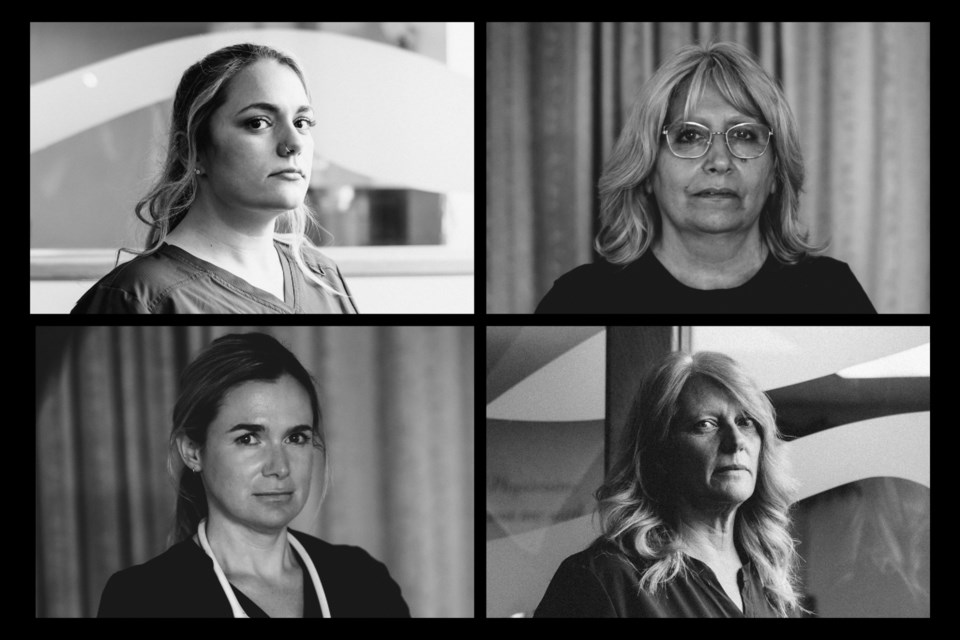This month, nurses and doctors across Canada are being honoured through National Doctors Day and Nurses Week, and Collingwood General and Marine Hospital (CGMH) has found a special way to celebrate their staff’s contributions to health care.
In December 2022, the province announced it had approved operating funding for a new MRI lab at the Collingwood hospital. The CGMH Foundation is now tasked with raising the $5 million needed to buy the machine and renovate a space to accommodate the lab. The foundation has put a call out for the month of May asking for donations as a way to honour the doctors and nurses that serve South Georgian Bay every day.
“Within our hospital walls are over 600 healthcare professionals and staff who show up, day after day,” said Jory-Pritchard Kerr, president and chief executive officer of the Collingwood Hospital Foundation in a news release. “Even when things get tough, even when the world shuts down, they still show up. They do so, because they believe in CGMH and they are committed to providing outstanding care to our community.”
According to Ontario Health data collected in November 2021, the average wait time for an MRI for the lowest-priority patients is about 65 days. The target for this priority level is 28 days.
Mid-priority patients waited an average of 20 days, with a target of 10 days.
High priority and emergency patients were receiving MRIs within the target time (two days for high-priority, and immediately for emergencies).
According to the Canadian Medical Imaging Inventory, there were 124 MRI units in operation in Ontario in 2019/2020, which includes public and privately funded units.
“MRI technology is the gold standard way to make the diagnosis of a neurological disability from something like a stroke, brain bleed or a dissection of an artery," said Dr. Mark Bonta, chief of internal medicine, in a release.
“When we need that test, patients often have to wait a long period of time to get it done. They have to be transported, often in bad weather, often in the middle of the night, to get it done elsewhere. If we could do it locally, we could diagnose people quickly and accurately, and start them on proper treatment here in our hospital without a delay in care,” he said.
To learn more or make a donation, click here.



